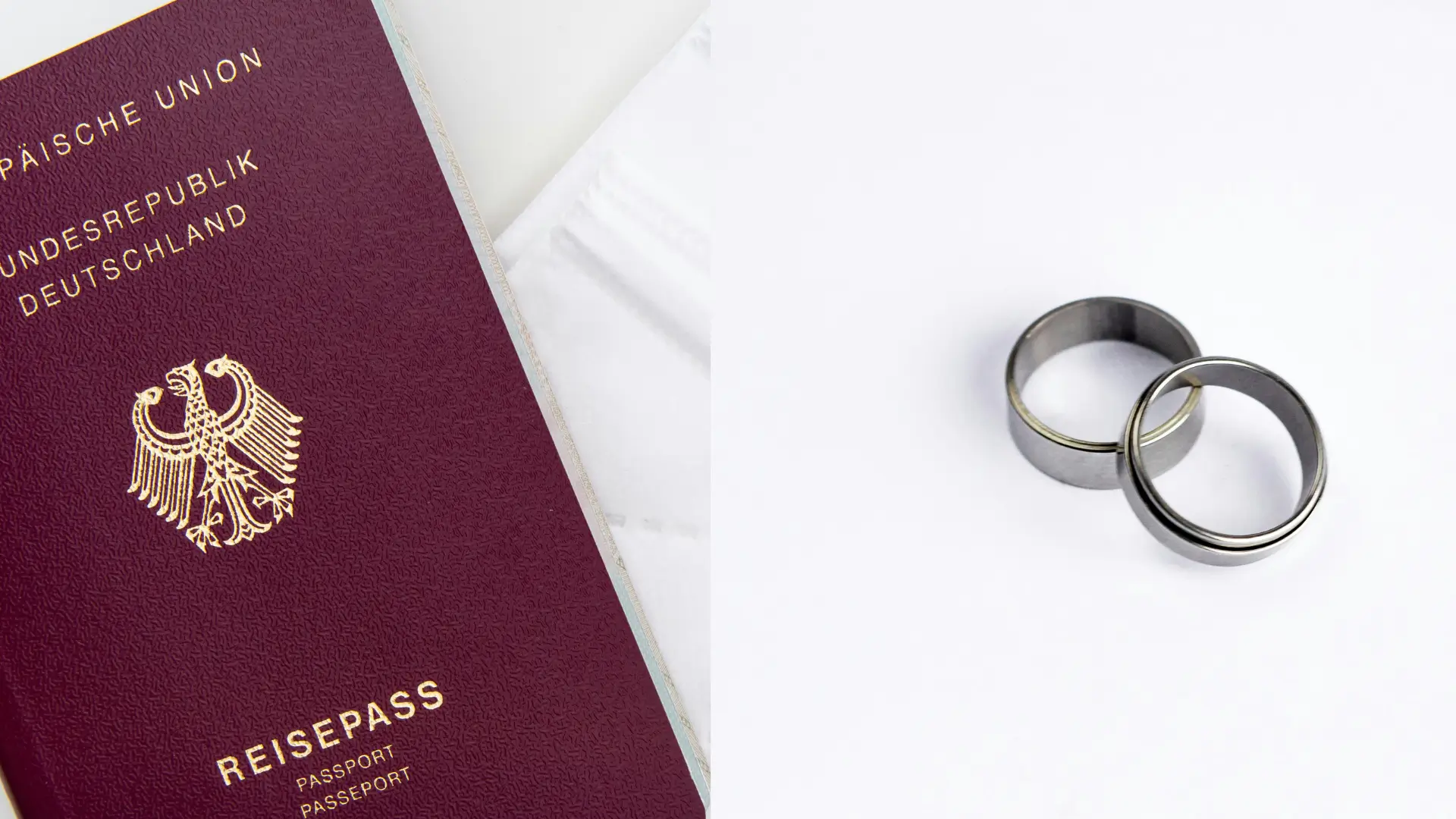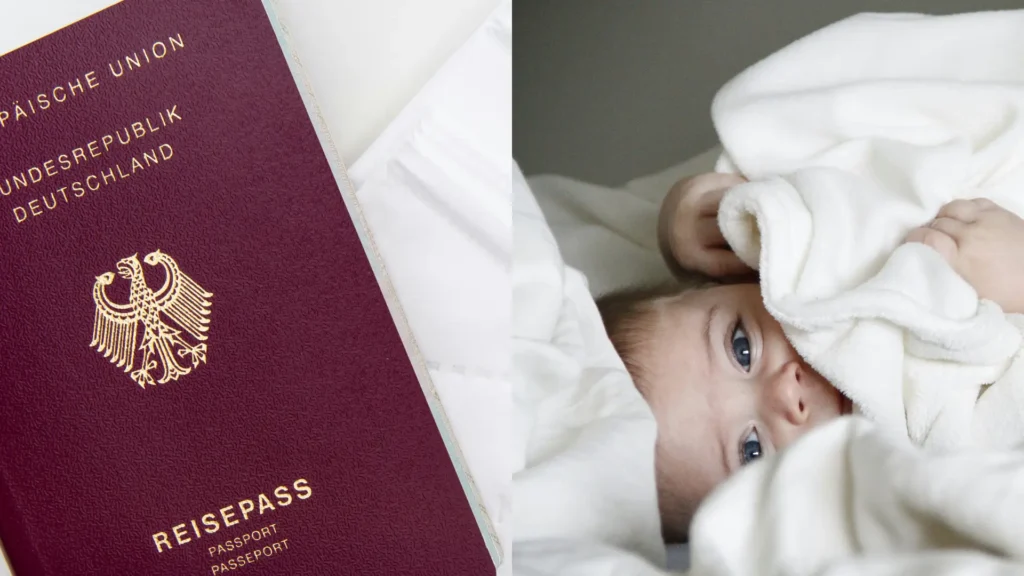Getting married to a German citizen doesn’t automatically grant you German citizenship, but it can certainly make the process easier. This article will guide you through the requirements and steps to obtain German citizenship through marriage.
Requirements for German Citizenship Through Marriage
To be eligible for German citizenship after marrying a German national, you must meet the following criteria:
- You have been legally married to a German citizen for at least two years.
- You have been living in Germany for at least three years.
- You have a valid residence permit.
- You can demonstrate German language proficiency (B1 level or higher).
- You have passed the German citizenship test.
- You have no criminal record.
- You can support yourself financially without relying on social benefits.
- You are willing to renounce your previous citizenship (with some exceptions).
The Process: A Step-by-Step Guide
- Meet the residency requirement: Live in Germany for at least three years.
- Learn German: Achieve B1 level proficiency in German.
- Take the citizenship test: Pass the test on German culture, history, and law. (Known as Einbürgerungstest)
- Gather necessary documents: Collect all required paperwork.
- Submit your application: Apply at your local immigration office.
- Wait for processing: The process typically takes 6-24 months.
- Attend the citizenship ceremony: Take the oath of citizenship.
Timeline of German Citizenship After Marriage
Here’s a visual representation of the timeline:
Marriage vs. Regular Naturalization
Here’s a table comparing the requirements for citizenship through marriage versus regular naturalization:
| Requirement | Through Marriage | Regular Naturalization |
|---|---|---|
| Residency Period | 3 years | 5 years |
| Marriage Duration | 2 years | Not applicable |
| Language Proficiency | B1 level | B1 level |
| Citizenship Test | Required | Required |
| Financial Independence | Required | Required |
| Criminal Record | Clean record required | Clean record required |
Benefits of German Citizenship
Obtaining German citizenship offers numerous advantages:
- Right to vote in German elections
- Freedom to live and work anywhere in the EU
- Visa-free travel to many countries
- Access to EU education and healthcare systems
- No risk of deportation
While marriage to a German citizen doesn’t guarantee citizenship, it can significantly expedite the process. By meeting the requirements and following the steps outlined in this guide, you can navigate the path to German citizenship more easily. Remember that each case is unique, and it’s always advisable to consult with a legal expert or the local immigration office for personalized advice.



